Recent Articles
Popular Makes
Body Types
Should I Consider an Extended Warranty?

iStock thumbs up behind wheel
If you purchase a new car, truck, van, or SUV in the United States, you will almost certainly be offered the opportunity to buy an “extended warranty.” Since most consumers value the protections they get from the original manufacturer warranty on the goods they buy, it stands to reason that they might want to get the benefit of similar protections when their original warranty runs out.
But as you might guess, it is not as simple as that. In fact, the “extended warranty” situation is one of the murkiest in the car-buying process. After years of research on the topic, we’ll cut through the murk to answer the question: “Should I consider an extended warranty?”
An Introduction to Extended Warranties
Before we suggest that you buy something or not, we first should tell you what an extended warranty is — and what it isn’t. First off, most products being sold to car-buyers as “extended warranties” aren’t really warranties at all.
The definition of a “warranty” is tightly controlled by federal regulators, and a warranty carries with it significant, government-defined consumer protections. Most extended warranties sold by car dealers, financial institutions, and insurance companies would more accurately be called service contracts, vehicle protection plans, or repair insurance.
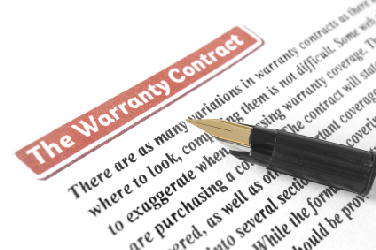
What is an 'extended warranty' in an automotive context?
OK, we’ve pretty much told you what an extended warranty isn’t. Now we’ll tell you what it is. Most typically, products being sold as extended warranties are in actuality insurance policies helping those who own the policies mitigate the risk of loss.
In this case, the risk of loss is the potential that the vehicle covered by the “warranty” will break down and require expensive repairs. Since the cost of the repairs presumably will be largely or completely borne by the insurer — the extended warranty company — covering your vehicle with an extended warranty limits or perhaps completely eliminates your risk of a catastrophic financial loss if your vehicle needs extensive repairs.

Photo by iStock Photo
What is the key advantage of an extended warranty?
As with most insurance policies of all types, mitigating risk is the key advantage of a good “extended warranty,” more accurately described as a service contract. The person who buys the insurance — the consumer car-buyer — essentially is betting that the vehicle he or she is purchasing will require repairs that will, in total, cost more than the sum of the amounts paid for the service contract.
But the payoff or lack of payoff on that bet isn’t the only thing the purchaser of the extended warranty receives. That person also gains the peace of mind of knowing that her or his financial future won’t be mortally wounded by an extremely costly car repair. The value of that peace of mind is different to each individual, but there is a value there.
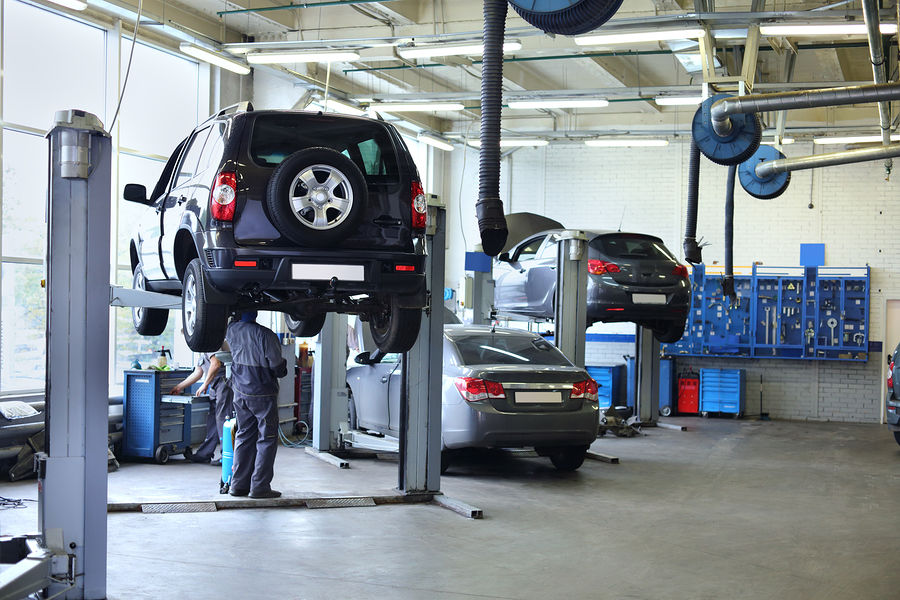
What are the other advantages of an extended warranty?
Certainly, it is advantageous to be able to drop your broken car off at the repair shop without the worry the required repairs will clean out your bank account and force you to get a second job. Some extended warranties also offer added features like roadside assistance, cost-of-trip reimbursement, and rental-car usage while the covered car is in the shop for repairs.
But not every extended warranty offers these features, and some don’t offer any of them. Again, as with the service contract itself, each of these services has value. First, you don’t go into your checking account to pay for the repair and, second, you get additional perks at no cost. Or should we say no additional cost? In any case, a service contract can be filled with items that seemingly have value and would certainly be nice to have.
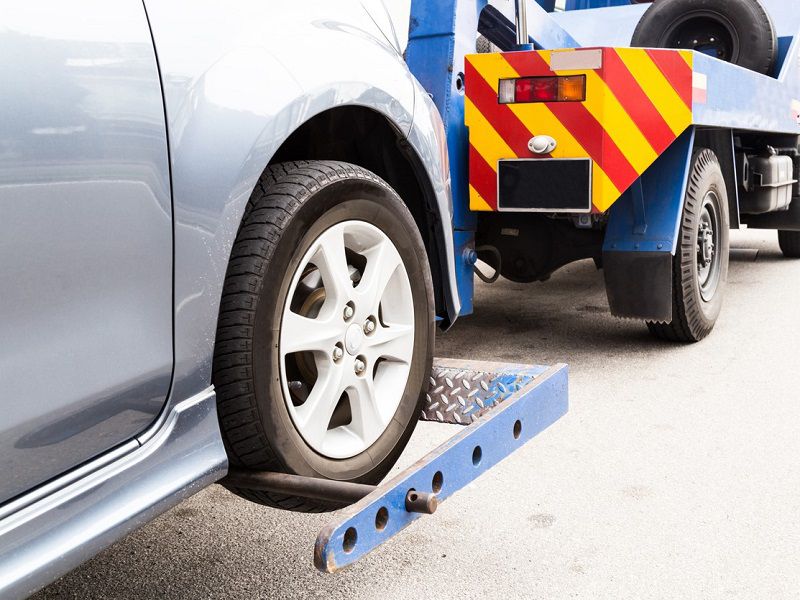
What is the key disadvantage of an extended warranty?
The biggest disadvantage of an extended warranty is its cost versus value. A Consumer Reports survey found that more than half of the respondents who purchased an extended warranty never used it at all. Among those who did use the warranty, their total cost of covered repairs was less than the total cost of the extended warranty. Not surprisingly, only about 25% of respondents said they would buy another extended warranty.
But the math doesn’t tell the whole story. If you buy term life insurance and then you don’t die, have you wasted your money? Your spouse might say yes, but what you have actually purchased for the term of the policy is financial protection for your family should you die during that time period.
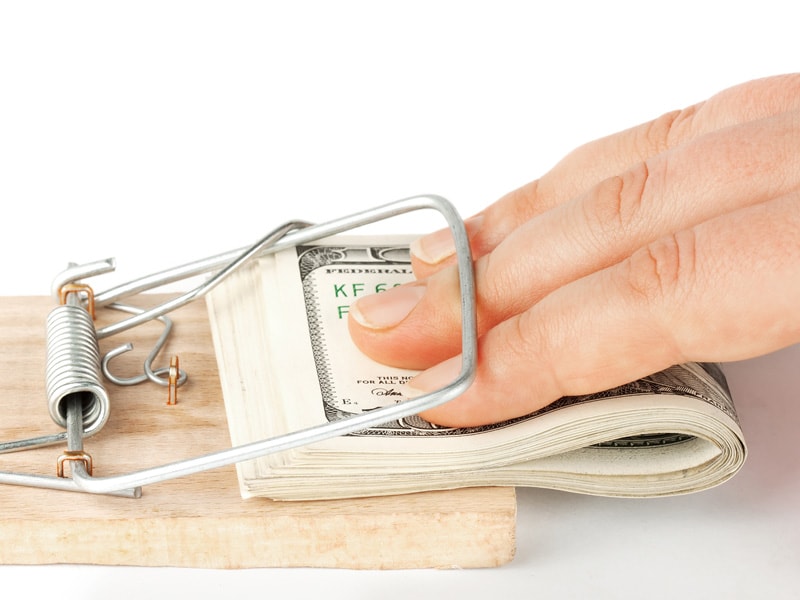
What are other disadvantages of buying an extended warranty?
Beyond simple cost, one disadvantage of purchasing an extended warranty is that it is difficult to “comparison shop.” Most often car-buyers purchase service contracts when they buy their new or used vehicle, and they roll the cost into their auto loan.
Certainly, just buying a service contract without shopping around is not a recipe to get a favorable price. Additionally, if you pay for the service contract over the course of your auto loan, you will pay interest on the purchase. So a product that probably started out pretty expensive to begin with got more expensive by paying for it using an installment loan. Another disadvantage: The company that writes the policy could go out of business, leaving you with a worthless contract.

Who will benefit from the purchase of an extended warranty?
So with all these negatives, why do people continue to purchase extended warranties? The answer is that some purchasers find value in the peace of mind they get knowing that if their vehicle needs an expensive repair that would otherwise cripple their finances, they are covered.
A well-quoted national survey found that a large percentage of the public would have a great deal of difficulty dealing with an added expense of just $400, so a car repair bill that could run into the thousands of dollars would be very damaging. Because most of us rely on our cars to get to work, the loss of the use of our cars, even for just a few days, can have very detrimental consequences. So folks who live paycheck-to-paycheck might consider an extended warranty.
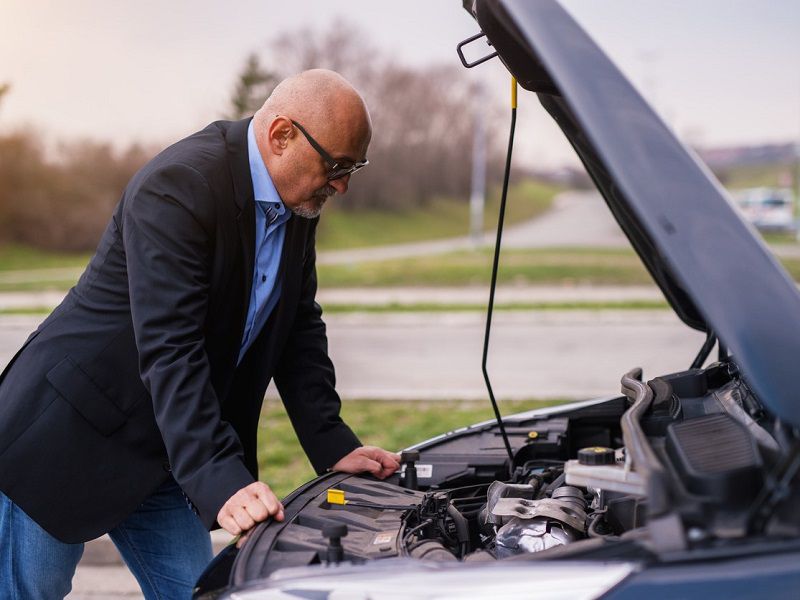
Who would be better off not purchasing an extended warranty?
If you have a rainy-day fund of money in the bank and are purchasing a car with a positive record of reliability — both of which are really good ideas anyway — you can pass on the purchase of an extended service contract.
Establishing and regularly adding to a savings account enables you to buy peace of mind, typically at a lower price than paying for a service contract you may or may not use. Certainly, having money for emergencies of all types gives you financial flexibility that purchasing a service contract doesn’t offer. If you consult the reviews here at Autobytel.com, you will be able to choose a new or used vehicle that is more reliable than the norm and thus less likely to require an expensive repair.

What distinguishes a good extended warranty from a bad one?
It is important to know that extended warranties differ markedly. One critical differentiator is the financial strength of the company issuing the service contract. If the insurer that writes the contract goes out of business — and several have — you won’t be covered in the event of a needed repair.
Because of this, many experts on the subject suggest that consumers only consider service contracts written by the car manufacturers themselves. The thinking is that a car manufacturer is less likely to go out of business than are independent service contract companies. Another critical differentiator is the coverage itself. Some service contracts cover virtually everything that could go wrong and don’t require you to pay a deductible, but others have scores of exclusions, sometimes not covering the most likely or most costly problems. Reading the fine print is critical.

Where should I buy an extended warranty?
Most people purchase extended warranties while they are in the showroom buying a new or used car. This isn’t because that is the best time to buy a service contract; it is because it is the best time to sell a service contract.
Extended warranty coverage is typically quite profitable for car dealers, and they typically take the opportunity to offer it to their customers. But sitting in the F&I office might not be the best place to purchase an extended warranty. First, since new cars are typically covered with original “factory” warranties of two or three years or longer, you have time to shop. Credit unions, banks, auto clubs, and insurance companies offer service contracts, so if you want such coverage, seek them out and comparison-shop against what the dealer offers. Your dealer might be the absolute best place to buy an extended warranty, but you should give yourself the time to find out.
